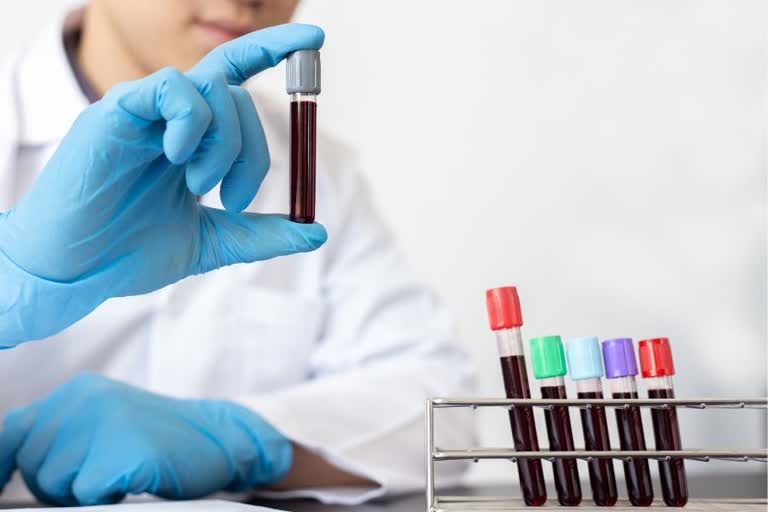The biomarker discovered by researchers at the DZNE and the University Medical Center Gottingen (UMG) is based on measuring levels of microRNAs, which influence the production of proteins and thus a key process in the metabolism of every living organism.
As the technique is not yet suitable for practical use, the scientists aim to develop a simple, low-cost blood test, similar to the rapid test for SARS-CoV-2 and can be applied in routine medical care to assess dementia risk.
According to the study data, presented in the scientific journal EMBO Molecular Medicine, microRNAs could potentially also be targeted for dementia therapy.
"When symptoms of dementia manifest, the brain has already been massively damaged. Presently, diagnosis happens far too late to even have a chance for effective treatment. If dementia is detected early, the odds of positively influencing the course of the disease increase," said Andre Fischer, Professor at the Department of Psychiatry and Psychotherapy at UMG.
"We need tests that ideally respond before the onset of dementiaand reliably estimate the risk of later disease. In other words, tests that give an early warning. We are confident that our current study results pave the way for such tests," Fischer added.
